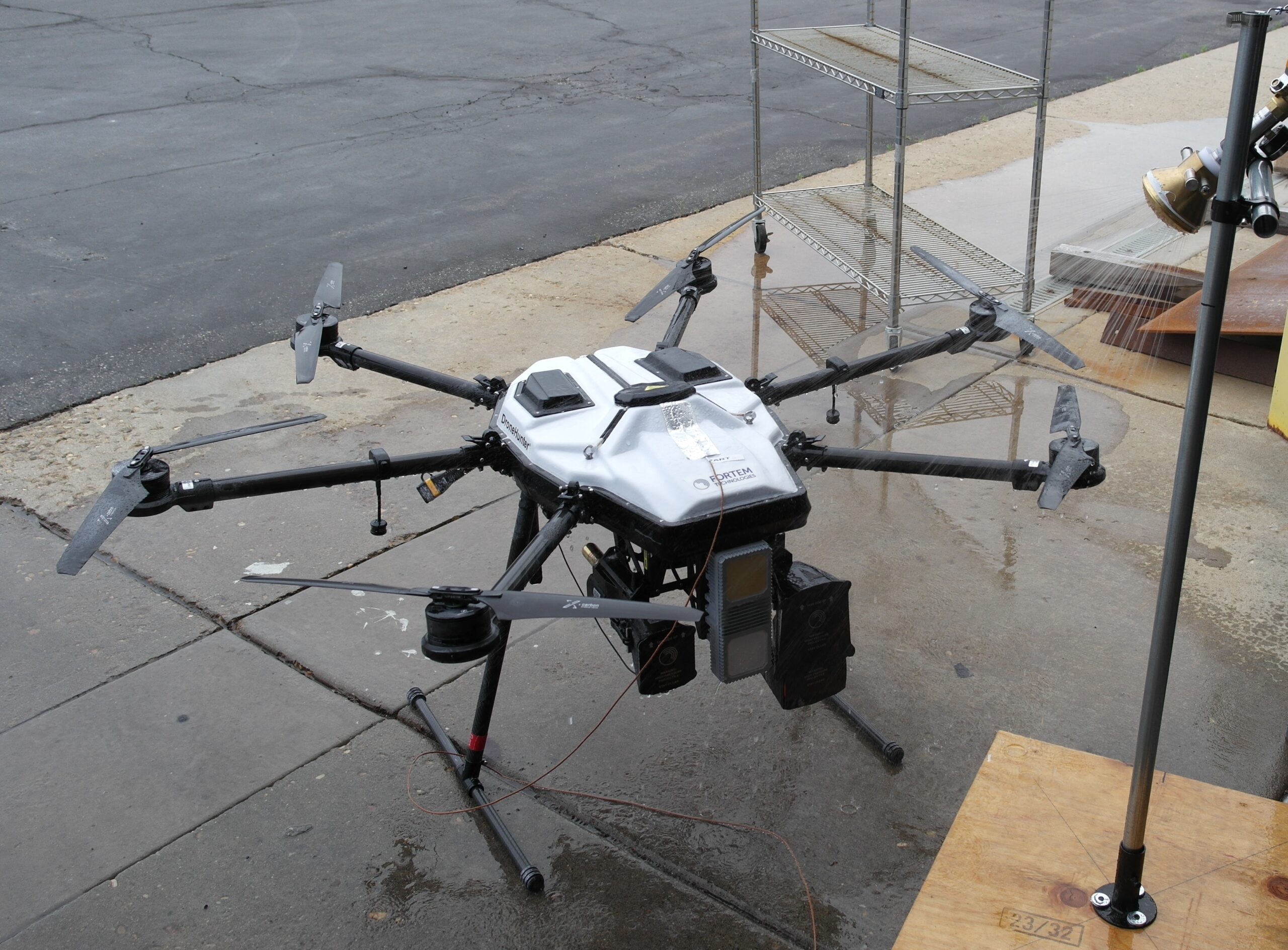Ingress protection testing (IP) determines how well a device is protected against water and dust. It is defined by the International Electrotechnical Commission (IEC) under the standard IEC 60529, which provides a guideline to the degree of protection against accidental contact and the intrusion of solid objects (including hands and fingers), dust, and water.
Ingress Protection Testing Services
Rocky Mountain Testing Solutions offers ingress protection testing services to evaluate the level of protection that a product or enclosure offers against the ingress of liquid or solid foreign objects. During testing, such qualities are tested thoroughly, with testing conditions that mirror real-life circumstances.
At the conclusion of ingress protection testing, manufacturers receive a detailed report of the product’s responses. This report can be used as both third-party verification and product qualification. Additionally, the product being subjected to ingress protection testing is assigned an IP code. Codes mirror the kind of protection they offer, whether against liquid permeation or solid objects.
Reach out today to learn more about our testing capabilities.
Standards for Ingress Protection Testing
Rocky Mountain Testing Solutions has the expertise to perform ingress protection testing in accordance with these and other common test specifications:
- Mil-Std 810
- RTCA DO-160
- IEC 60529
- Customer Specified
Ingress Protection Testing Standard Codes
The IEC 60529 standard is very specific in the codes it assigns to tested products based on their permeability and protection. The first digit in an IP code indicates the level of protection the product or enclosure offers when facing the ingress of solid objects. Such objects may be large or probing, including foreign objects like fingers or tools. These have the potential to be hazardous in contact with moving parts or electrical conductors.
On the other hand, the term “solid objects” may also indicate something as apparently innocuous as airborne dust or dirt which can damage circuitry. The second digit in an IP code indicates the protection of the product from various forms of moisture (submersion, sprays, drips, etc.).

IP First Number—Protection Against Solid Objects
- IP0X No special protection
- IP1X Protected against solid objects over 50 mm, e.g., accidental handling by hand.
- IP2X Protected against solid objects over 12 mm, e.g., persons fingers.
- IP3X Protected against solid objects over 2.5 mm (tools and wires).
- IP4X Protected against solid objects over 1.0 mm (tools, wires, and small wires).
- IP5X Dust-protected—Protected against limited dust ingress (without harmful deposit). Ingress of dust is not totally prevented, but dust shall not penetrate in a quantity to interfere with satisfactory operation of the apparatus or to impair safety.
- IP6X Dust-tight—No ingress of dust. Total protection against dust.
IP Second Number—Protection Against Liquids
- IPX0 No protection.
- IPX1 Protection against vertically falling drops of water e.g., condensation.
- IPX2 Protection against direct sprays of water up to 15° from the vertical.
- IPX3 Protection against direct sprays of water up to 60° from the vertical.
- IPX4 Protection against water sprayed from all directions—limited ingress permitted.
- IPX5 Protected against low pressure jets of water from all directions—limited ingress.
- IPX6 Protected against temporary flooding of water, e.g. for use on ship decks—limited ingress permitted.
- IPX7 Protected against the effect of immersion between 15 cm and 1 m.
- IPX8 Protects against long periods of immersion under pressure.
Test Data Acquisition and Reporting
The test parameters we follow at Rocky Mountain Testing Solutions follow industry standards rigidly in addition to meeting product-specific client requirements. In designing the test for your product, our team will consult with you at length to ensure that parameters meet with your approval and the needs of your product. To design your ingress protection testing parameters or schedule other product testing services, contact Rocky Mountain Testing Solutions today.
